General Assault Badge, "25"
CATEGORY: Version
SKU: 01.GTR.0604.104.01.000
Estimated market value:
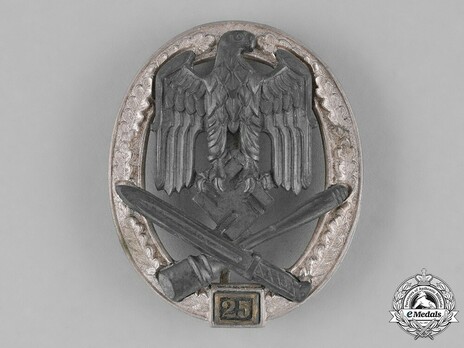
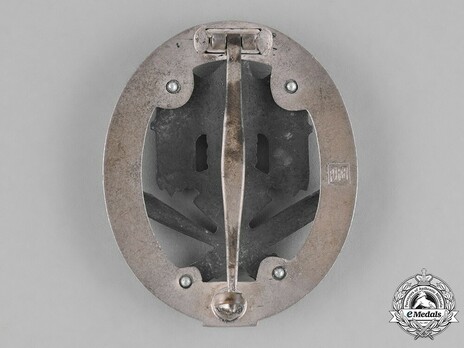
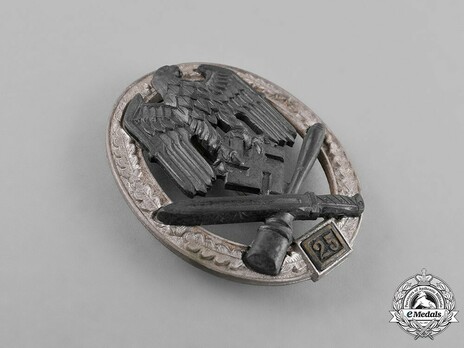
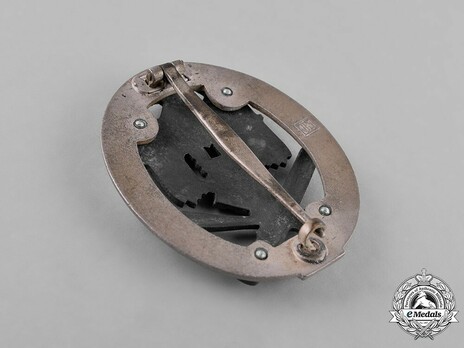
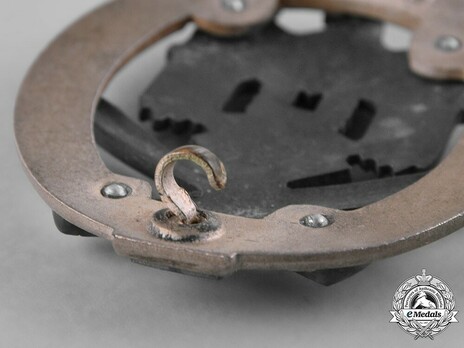
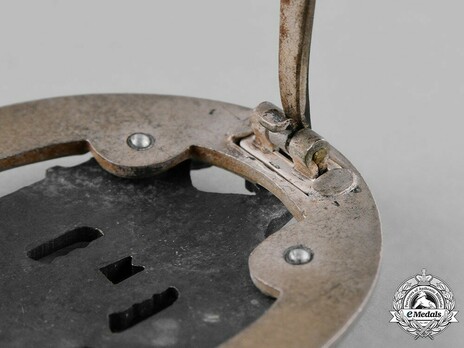
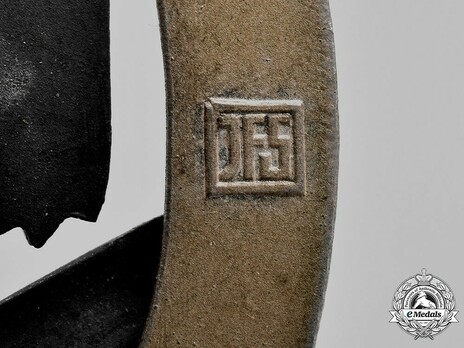
Estimated market value:
(Allgemeine Sturmabzeichen mit Einsatzzahl 25). Constructed of silvered zink, with an oak leaf border and a pair of acorns at the base, with a large Wehrmacht-style German national eagle clutching a mobile swastika, and a crossed bayonet and stick grenade in the centre, with the number “25” in a box at the base, the reverse plain with a vertical banjo-style pinback, with a crimped barrel hinge and a crimped flat catch, maker marked on reverse with “JFS” logo of Josef Feix & Söhne, Gablonz, measuring 48.18 mm (w) x 57.96 mm (h), weighing 33.0 grams, in near extremely fine condition.
The decoration was instituted on June 1st, 1940, under the order of Colonel General Walther von Brauchitsch and was originally only conferred upon Assault Engineer units, and as such, it was known as the “Pioneer Sturmabzeichen” or “Engineers’ Assault Badge.”
The Medal was later extended to include all combatant personnel who were not eligible to receive the Infantry Assault or Panzer Badge. This included members of the German Army, the Waffen-SS and the Order Police who supported an infantry attack, but did not serve with a specific infantry unit. Medical personnel who cared for the wounded were also eligible to receive the badge.
In order to receive the original badge, an individual had to participate in three assaults on different days.
On June 22nd, 1943, the badge was amended so that numbers, which indicated number of assaults, could be added to the base of the medal. The assault count began as of July 1st, 1943, but retrospective credit was granted for service in Russia, as the campaign began on June 22nd, 1941. For 8 months of service an individual received a credit of 10 actions, for 12 months a credit of 15 actions, and for 15 months a credit of 25 actions.
Assault troops who had been actively engaged in combat since the beginning of the campaign were automatically entitled to a badge with the number “25.”
The badges awarded for 25 and 50 artillery engagements have a silvered wreath, while the badges for 75 and 100 artillery engagements have a gilt wreath.
The badge has three main versions with distinct reverse designs, including a hollow reverse, a semi-hollow reverse, and a solid reverse.
Before the Tank Destruction Badge was instituted, the General Assault Badge could be conferred upon individuals who single-handedly destroyed numerous tanks or armoured vehicles.
This badge was designed by Wilhelm Ernst Peekhaus in Berlin.

Comments
Sign in to comment and reply.
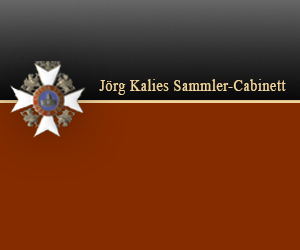

Scroll Top